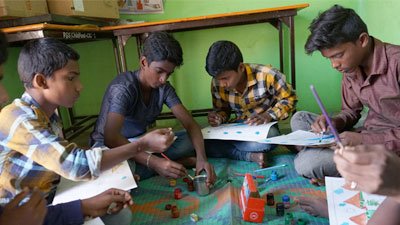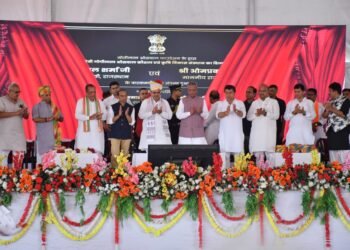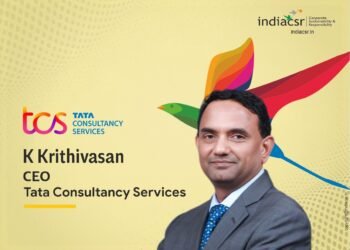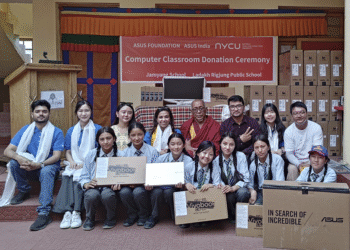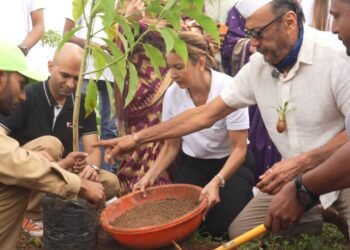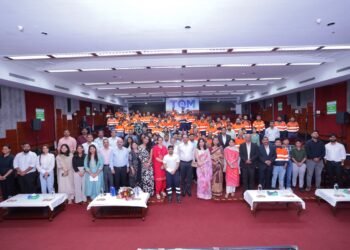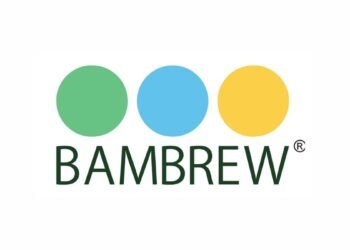As educators across the world prepare upcoming generations of students for the future, the need to re-discover and re-engineer learning is critical to their success.
In view of the same, Pratham Test Prep, successfully conducted the third episode of Education Leader Confluence 2020 recently.
The Confluence saw yet another fruitful discussion on an important topic “How should schools teach New Age Skills to students with eminent panellists including principals of various schools from across India & US.
The discussion around the quality of higher education in India has been gaining momentum, which emphasized skills development and etiquettes to present ourselves in society.
“The use of technology has increased during the on-going pandemic of the COVID-19. New Age Skills need a New Age approach to learning and teaching and unless we create leaders at all levels in our schools from the Cleaning Staff to the Managing bodies, our children will not be empowered to face the future. The students today are tech-savvy, and want everything to be as per their convenience. They lack skills and the required mindset that the employers are looking for in the corporate world.” said Ankit Kapoor, Managing Director, Pratham Test Prep.
These days emphasis on concrete skills over abstract learning is a much talked about topic. The need for competency-based learning is looked at as the most important learning to be acquired by learners as well as the teachers. The student is evaluated on single competency at a time. A learner should allow the student to master one skill so that he/she can move to the next one.
“The Pandemic has brought us to the threshold to rejuvenate the mediums of imparting knowledge as well as the delivery patterns. A transition from making students ‘exam ready’ to making them ‘life ready’ is needed in the context of teaching new-age skills to our students. Children of today will face an accelerated pace of change in the coming years therefore gifting them the ability to be lifelong learners is an important responsibility of all schools.” said Shailja Tandon, Principal, The Millennium School, Amritsar.
Technology is an inevitable innovation and just like the traditional ways like the typewriter, the blackboard, and the auditorium style classroom disappeared, similarly, assessing the students by marks shall also need to be re-aligned. Technology today can increase the benefits of one-on-one mentorship, providing each learner with a personalized course, which adjusts in real-time for his/her performance and engagement level.
“Success is an exercise in constant contingency planning. Engaging in meaningful dialogue between students with their guardians and the educational system is the need of the hour. Embrace the culture of “Growth Mindset” in your classrooms and predict their future by creating it for them”. Adaptive learning helps students in learning and growing as efficiently and effectively as possible. It is important that learners get the right content at the right time, maximizing learning efficiency, effectiveness and engagement. said Prema Muralidhar, Woodlem Park School, USA (Principal)
The session also highlighted discussions, as educationists, are responsible for the majority share of the decisions about the parameters that define how the children can operate in the Vuca world.
“The key is to master the balance of hard and soft skills and wait for the magic to happen, regardless of the pandemic. The one thing that remains constant is the people and their ability to communicate and hence determine the success of every individual”. Educators understand fellow dynamics through real-time analytics. They also know what their learners are struggling with, so they can quickly adapt instruction. The session was an hour-long fruitful discussion which brought out various aspects of skill-building among the educators and the learners.” added Yogita Kapil, Principal, Delhi Public School, Sahibabad.

